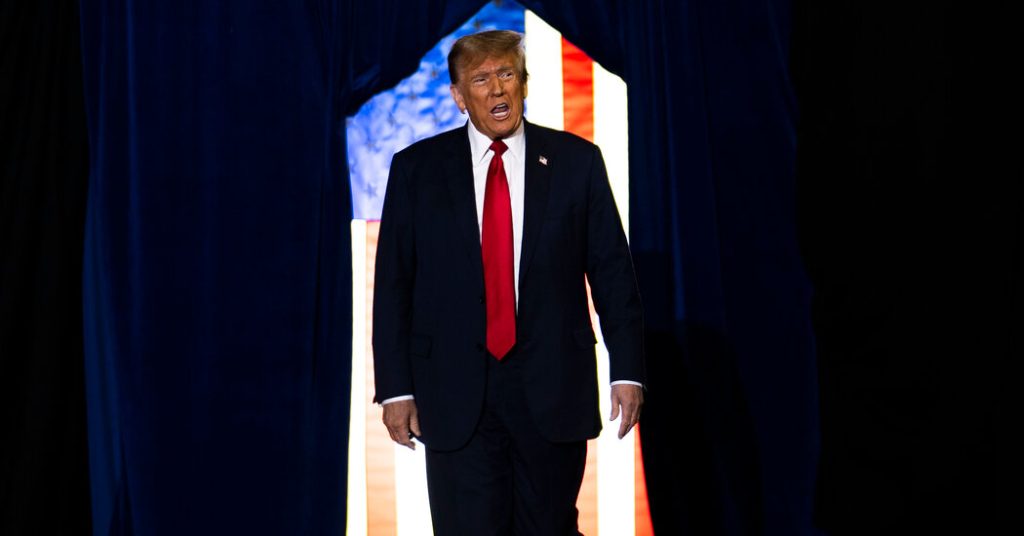In the event of Donald Trump winning a second term, he has promised to govern in ways that no modern president has, including imposing steep tariffs, rounding up immigrants, freeing Jan. 6 rioters, and possibly withdrawing from NATO. He plans to achieve these goals by appointing loyalists rather than the moderate military leaders and corporate executives from his first term. Despite these radical promises, many CEOs are unconcerned and do not believe Trump will follow through on his plans. However, some scholars and reporters who have been covering Trump’s second-term plans suggest that he may indeed enact the changes he has promised.
CEOs, in general, are not enthusiastic about a potential second term for Trump. While they did benefit from tax cuts and deregulation during his first term, they fear that his leadership may bring instability, which is generally negative for business. However, many are also dissatisfied with President Biden’s more aggressive stance on regulating businesses, leading to a lack of strong opposition to Trump’s agenda. It is possible that CEOs may be underestimating the potential impacts a second Trump term could have on their influence and the overall business environment.
There is a belief that CEOs may be underestimating the potential negative impacts of a second Trump term on both businesses and American democracy. Trump’s policies, including new corporate tax cuts and disparagement of regulatory agencies, could allow corporations and the wealthy to amass more wealth in the near term. While some CEOs may believe they can work with Trump due to his transactional nature, his interest in them is purely need-based. Additionally, they may be more focused on their dissatisfaction with economic policies under Biden, such as climate initiatives and federal deficit concerns.
Despite potential conflicts with some aspects of Trump’s agenda, many CEOs may support his overall goals while opposing others. They seem to be betting that they can achieve the parts of his agenda they like without having to deal with the parts they dislike. Regardless of their specific opinions on his policies, many CEOs seem to be more motivated by their antipathy towards Biden rather than attraction to Trump. They may be overlooking or choosing to ignore the more radical aspects of Trump’s second-term plans in favor of focusing on areas where they believe they can find common ground.
In 2025, Trump may have fewer incentives to appease corporate America than he did in his first term, as the donor class has largely abandoned him and American banks refuse to do business with the Trump Organization. The relationship between corporate America and congressional Republicans has also cooled off. While most Republicans still have close ties to corporate interests, some newer Trump-aligned members of Congress are less reliant on corporate money and are more influenced by grass-roots donors. This shift could impact the dynamics between corporations and the political landscape in the future.


